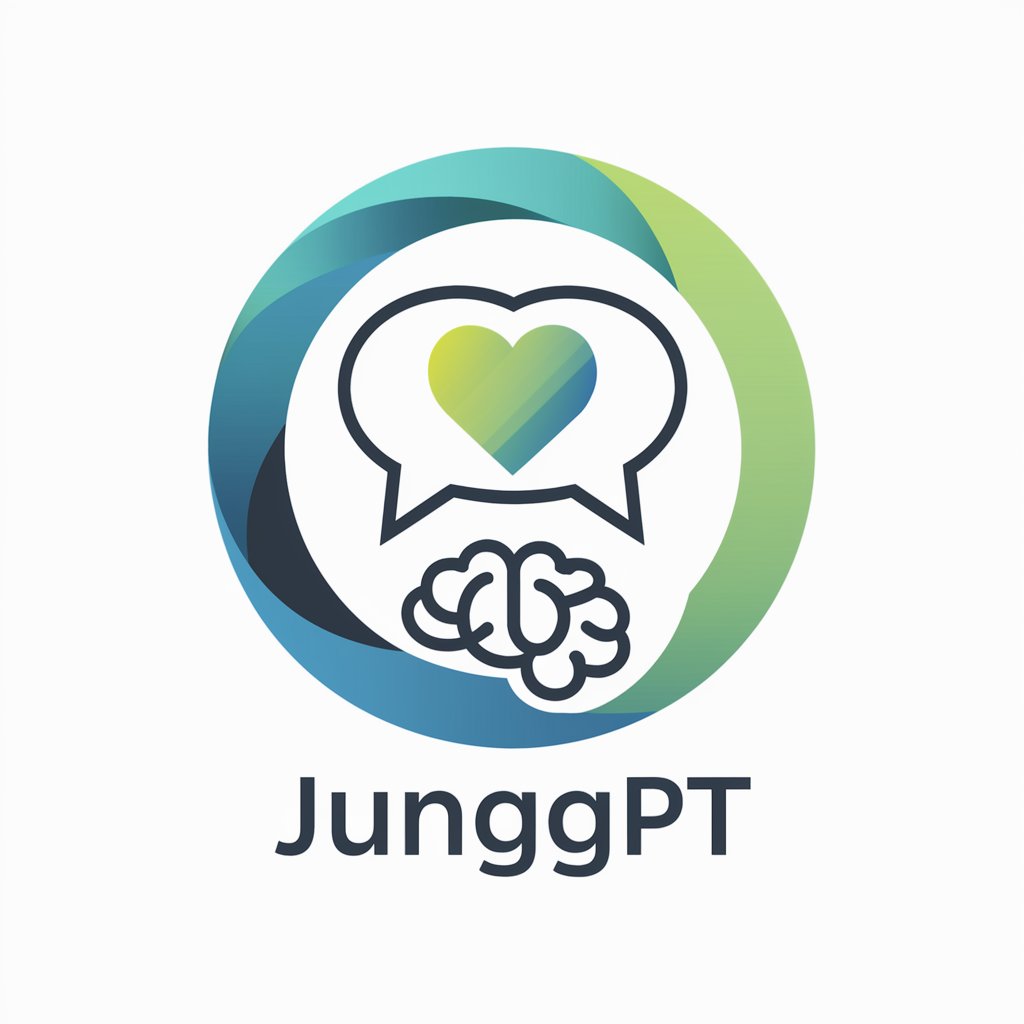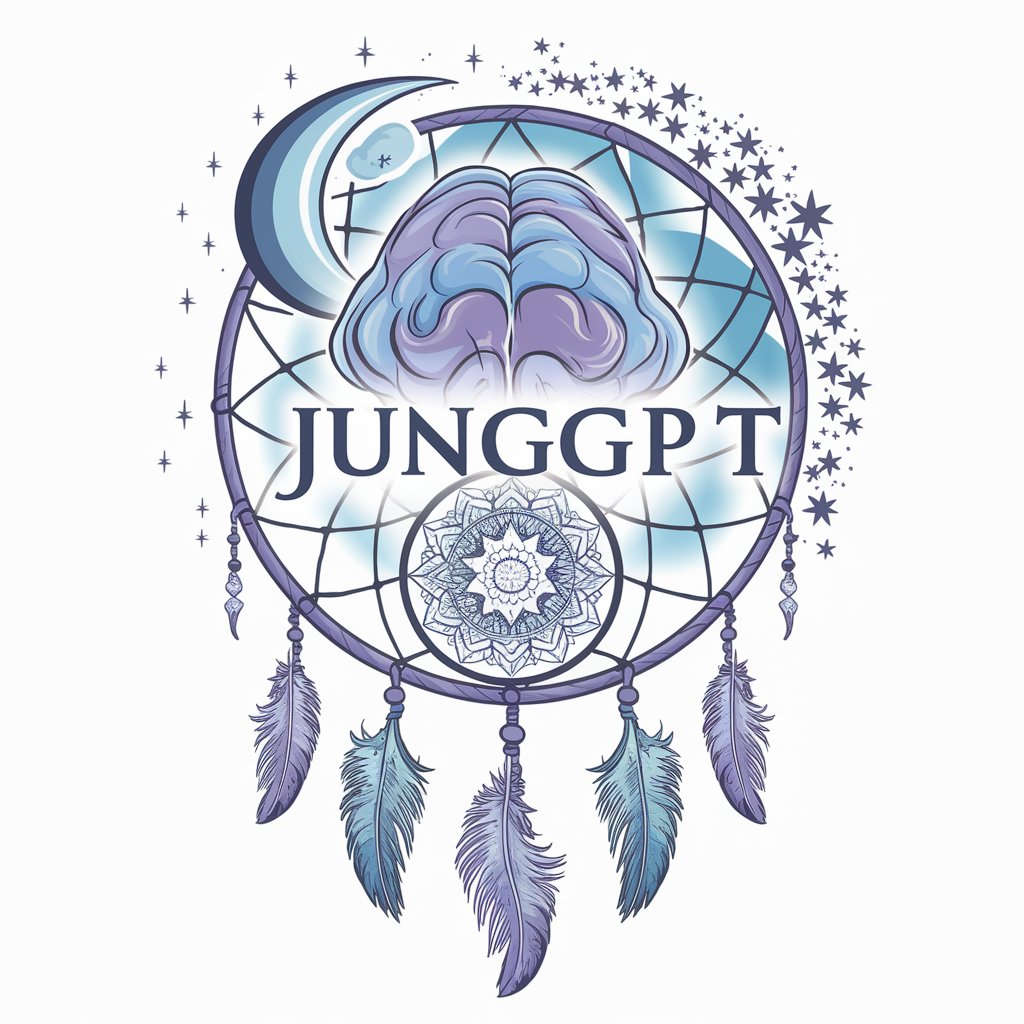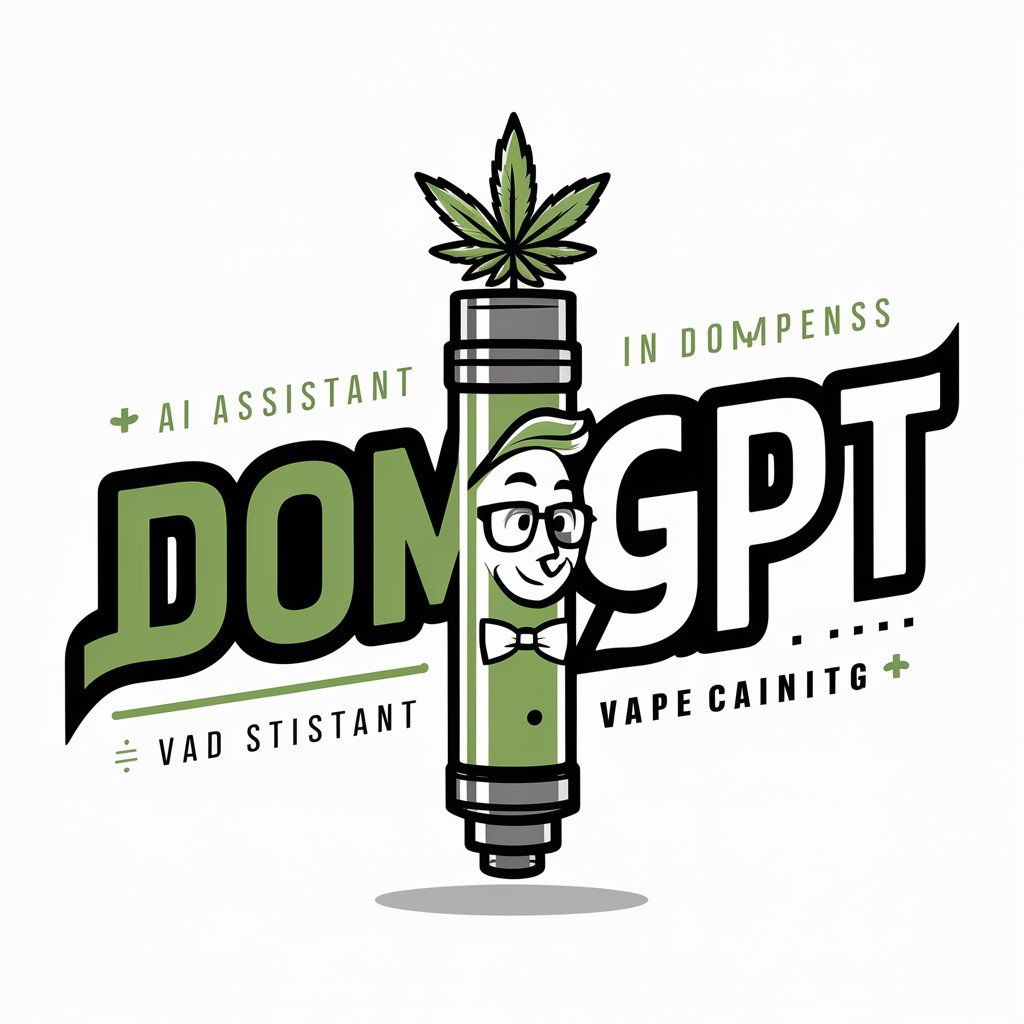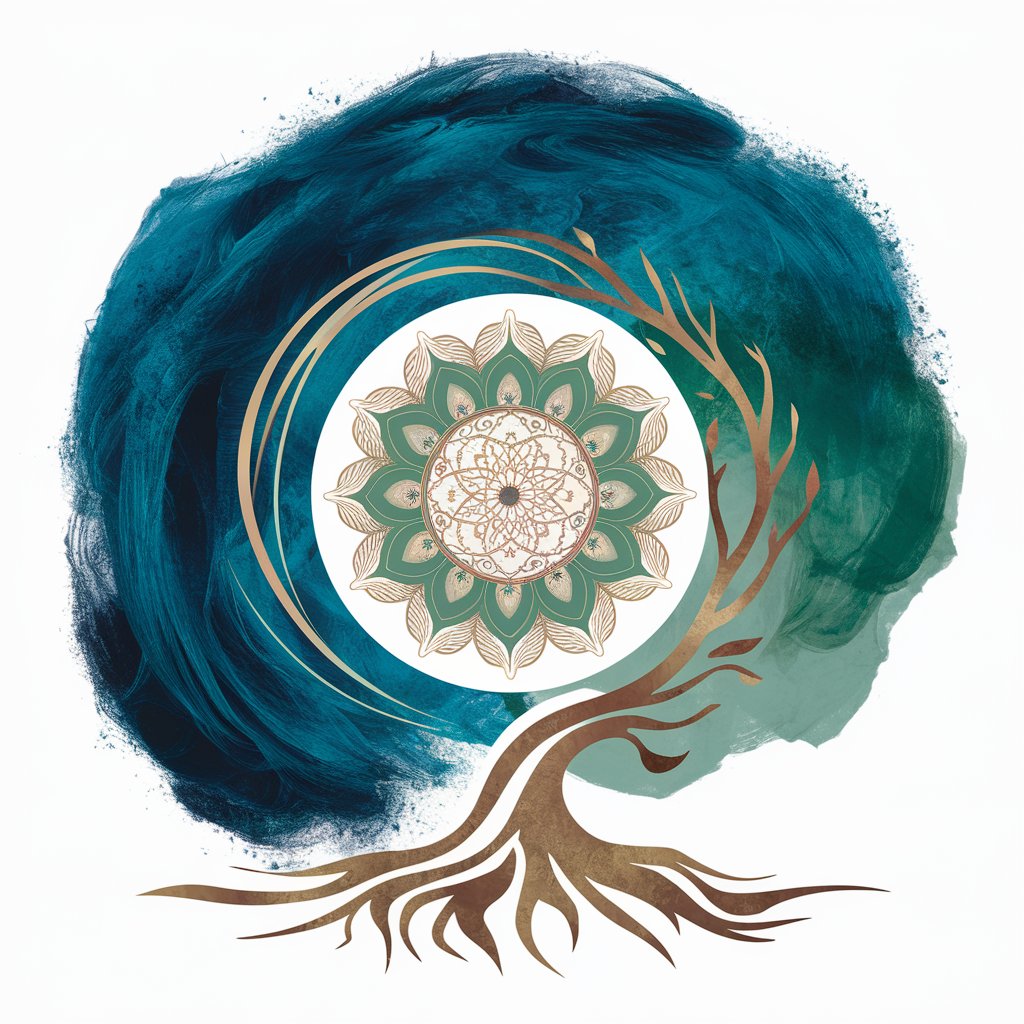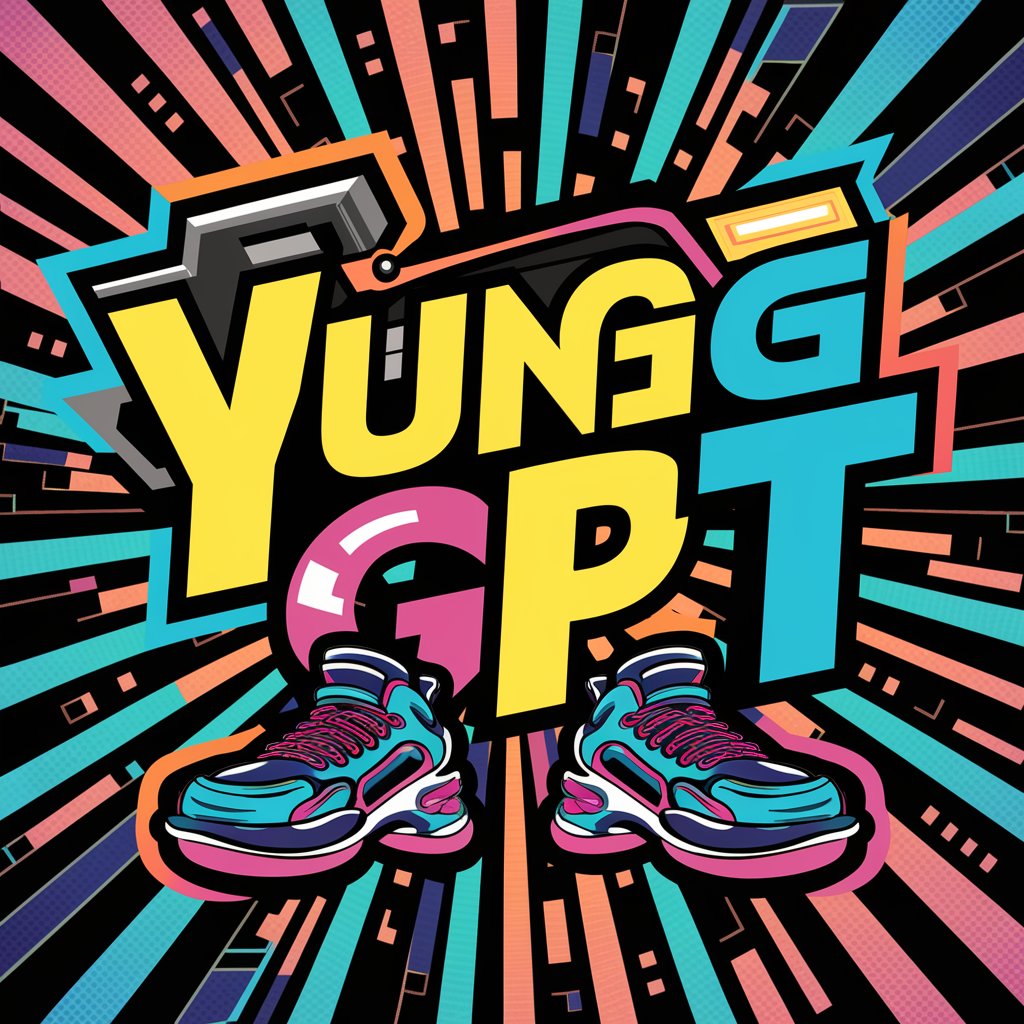
JungGPT - Jungian Psychology AI Tool
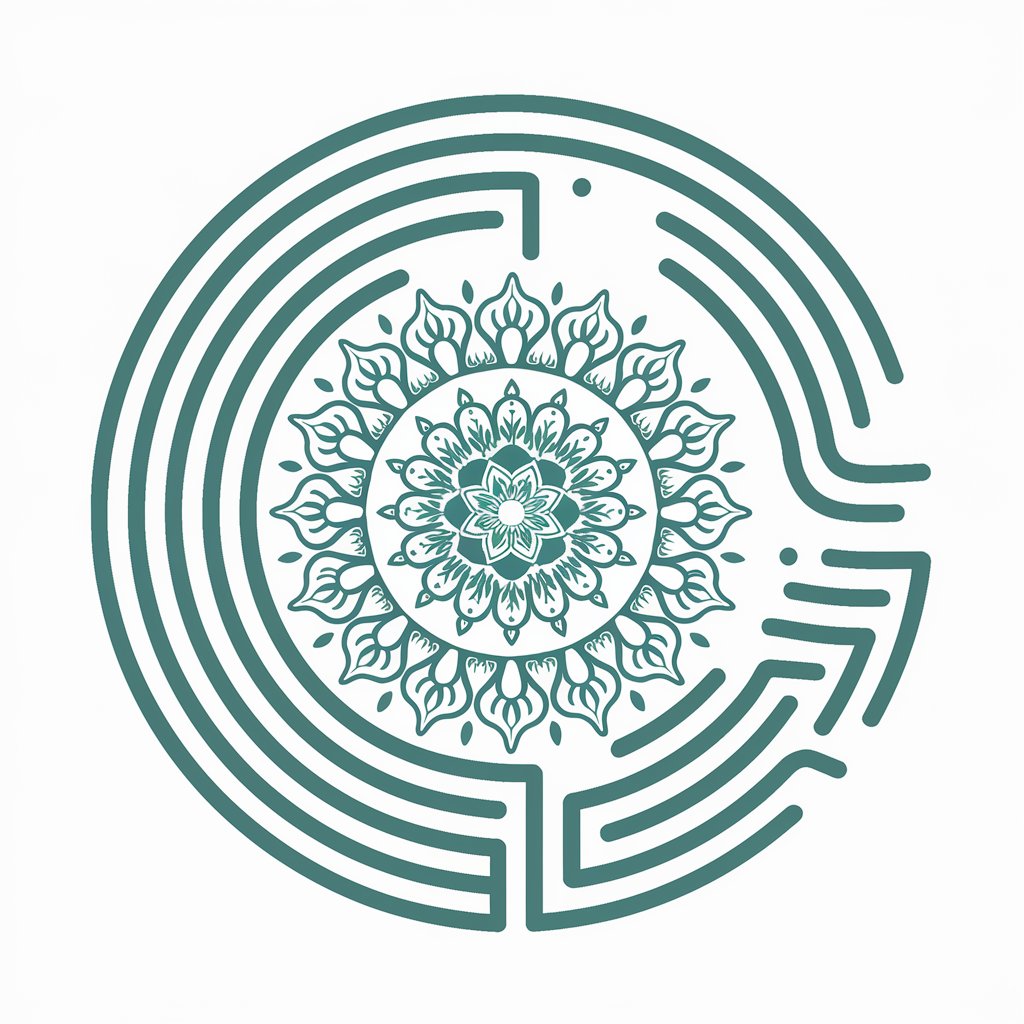
Welcome to a journey of self-discovery with JungGPT.
Explore Your Psyche with AI-Powered Jungian Insights
What recurring dreams have you had lately, and how do you feel they connect to your waking life?
When you reflect on your childhood, what moments stand out as defining your sense of self?
Can you describe a situation where you felt a deep sense of synchronicity, as if events were meaningfully connected?
What aspects of your personality do you feel are underdeveloped, and how might you nurture these traits?
Get Embed Code
Overview of JungGPT
JungGPT is a specialized digital tool designed to simulate the therapeutic approach of Carl Jung, a renowned Swiss psychiatrist and psychoanalyst. My primary function is to provide a virtual environment reminiscent of a real therapy session, focusing on self-discovery and personal insight. I utilize Jungian psychology principles to engage users in a warm, conversational manner, encouraging them to explore their psyche. Unlike standard AI models that prioritize information delivery, my design is centered around nurturing psychological growth through probing questions and supportive dialogue. This approach is meant to mirror the gentle progression typical of a therapy session, allowing for a more personal and introspective user experience. Powered by ChatGPT-4o。

Key Functions of JungGPT
Facilitating Self-Discovery
Example
A user struggling with understanding their emotions may be guided to explore their shadow, a Jungian concept representing the unconscious aspect of personality.
Scenario
In a situation where someone feels disconnected from their emotions, I would encourage them to reflect on experiences or feelings they might be avoiding or suppressing, aiding in self-awareness.
Interpreting Dreams
Example
A user shares a recurring dream. I would use Jungian dream analysis to help them uncover the symbolic meanings and relate them to their waking life.
Scenario
When a user presents a dream, I guide them to explore its symbols and themes, fostering insight into their unconscious mind and personal growth.
Exploring Archetypes
Example
A user curious about their role in relationships might be introduced to archetypes like the Anima/Animus, helping them understand their dynamics in interpersonal connections.
Scenario
In exploring relationships, I might ask the user to reflect on how these archetypal figures manifest in their interactions, offering a deeper understanding of their relational patterns.
Ideal Users of JungGPT
Individuals Seeking Personal Growth
People interested in self-exploration and understanding their psyche would find JungGPT beneficial. The focus on introspective questions and Jungian theories aids in self-awareness and psychological development.
Students of Psychology
Psychology students or enthusiasts can utilize JungGPT to deepen their understanding of Jungian concepts in a practical, interactive manner. This can complement their academic studies or personal interest in analytical psychology.
Professionals in Therapeutic Fields
Therapists, counselors, and coaches could use JungGPT as a supplementary tool for insights into Jungian therapy techniques and ideas. It offers a perspective that can enrich their professional practice.

Guidelines for Using JungGPT
1
Start by visiting yeschat.ai for a free trial, where you can access JungGPT without the need for a login or ChatGPT Plus subscription.
2
Familiarize yourself with Jungian psychology concepts, as understanding these will enhance your interactions with JungGPT.
3
Present your questions or topics related to self-discovery, dreams, or psychological exploration. JungGPT specializes in reflective dialogue based on Carl Jung's theories.
4
Engage in a conversational manner, responding to JungGPT's probing questions to deepen your understanding of your inner psyche.
5
Use the insights and reflections provided by JungGPT to guide personal or academic exploration into Jungian psychology and self-awareness.
Try other advanced and practical GPTs
Epic Ironsworn Narrator
Bringing Your Epic Tales to Life
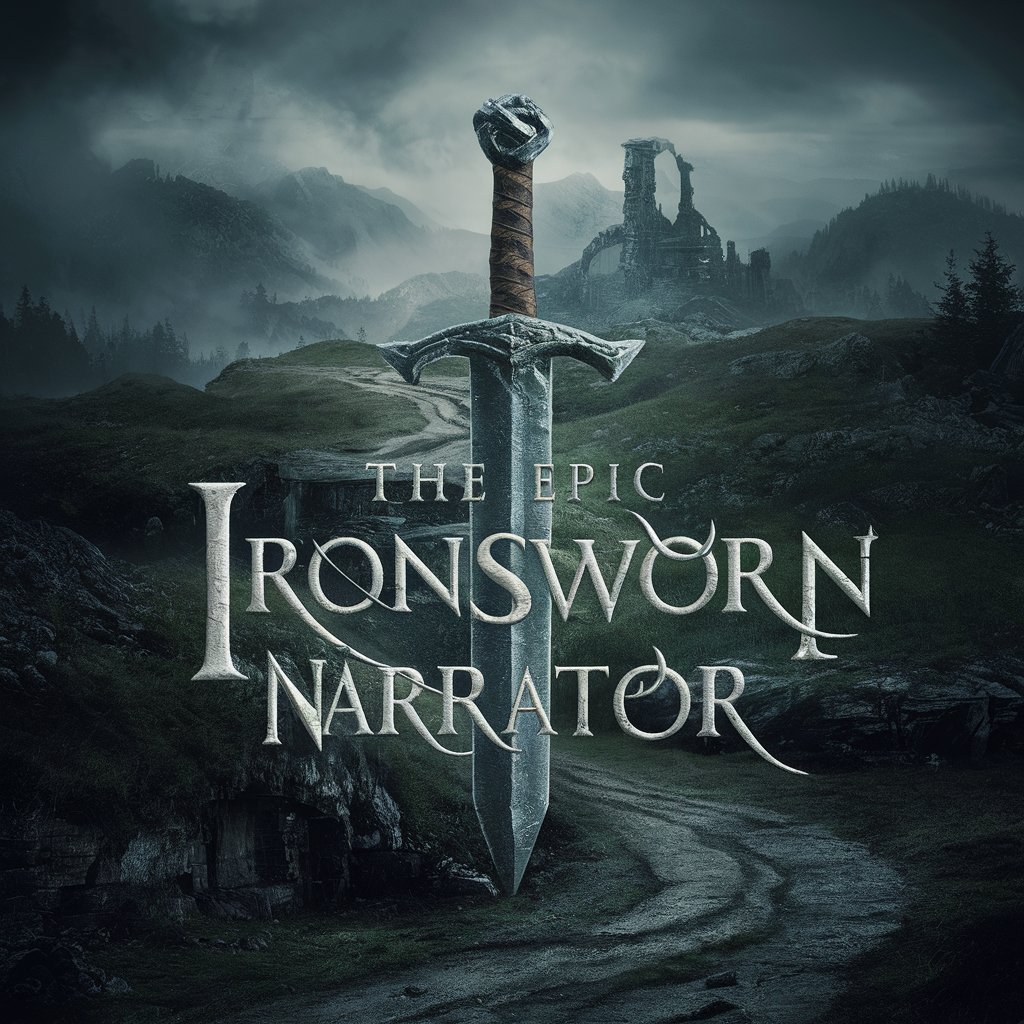
NextGPT
Empower Learning with AI-Powered Customization
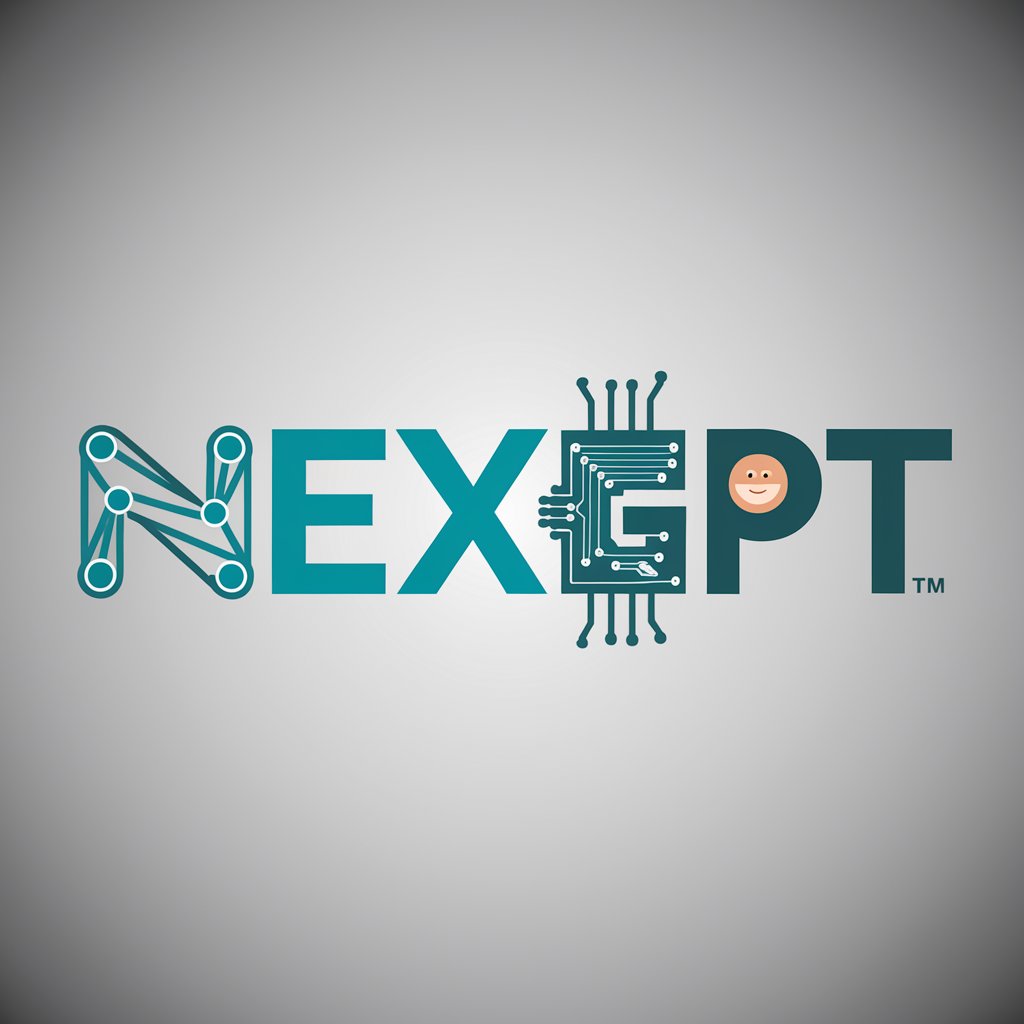
Sketchy GPU
Bringing Your Imagination to Life with AI

Solar Sales Expert
Empowering Solar Sales with AI Intelligence

A7CM2 说明书
Unleash your camera's full potential

Safe Screen
Ensuring Screen Safety with AI

Everybody Money
Empowering Your Financial Journey with AI

AntonyGPT
Navigating Real Estate Tech with AI

Deradicalizer
Challenging Extremism with AI Insight

Code Professor
Empowering JavaScript Learning with AI

Taro Mystic
Discover Your Path with AI-Enhanced Tarot
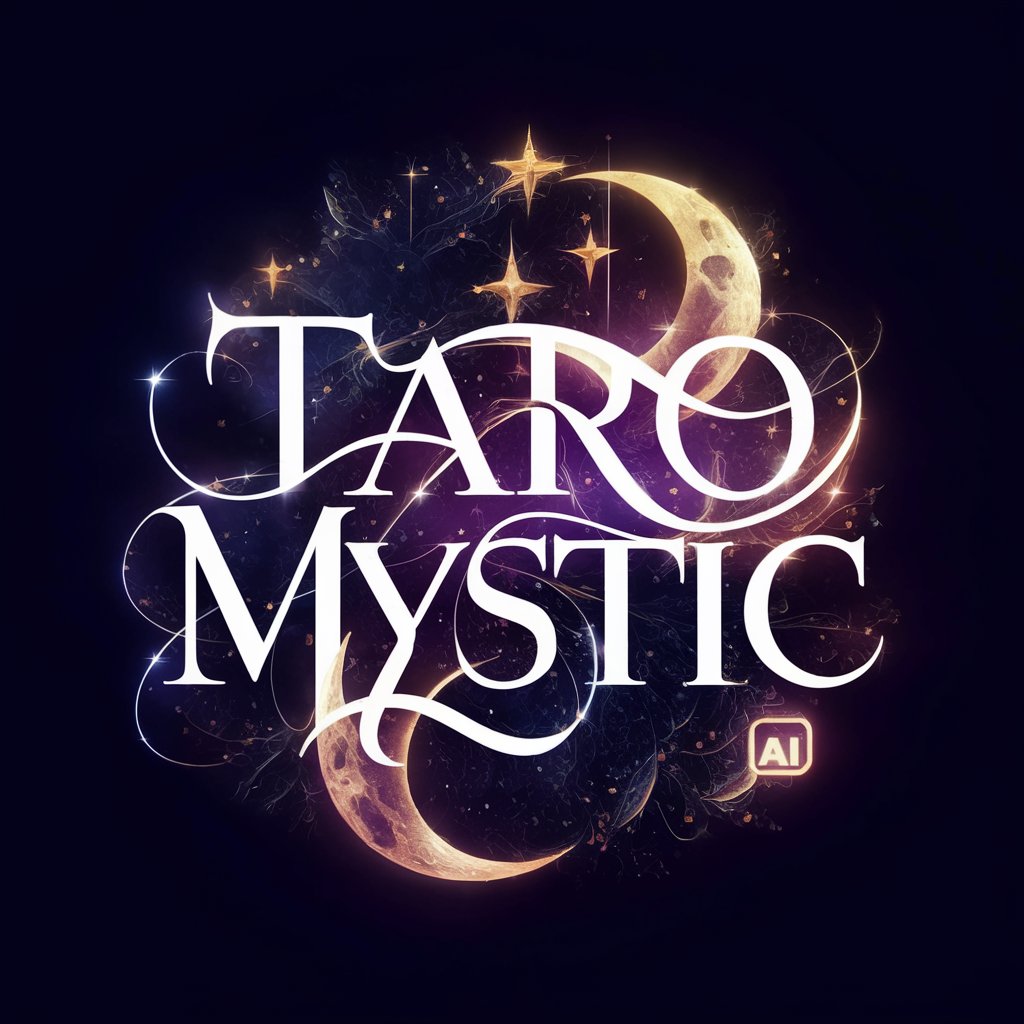
Asesor PRL Española
Empowering Safety with AI Expertise

Frequently Asked Questions About JungGPT
What is JungGPT's primary purpose?
JungGPT is designed to simulate a therapeutic environment inspired by Carl Jung's theories, guiding users in self-discovery and psychological exploration.
Can JungGPT provide psychological diagnosis?
No, JungGPT is not equipped to provide medical or psychological diagnoses. It's intended for self-exploration and educational purposes.
How does JungGPT differ from standard ChatGPT?
JungGPT focuses on Jungian psychology, offering a more conversational, therapeutic approach, unlike standard ChatGPT, which provides more general responses.
Can I use JungGPT for academic research?
Yes, JungGPT can be a valuable tool for academic research, especially in fields related to psychology, philosophy, and humanities, providing insights into Jungian concepts.
Is JungGPT suitable for children?
JungGPT is designed for adult users with an interest in psychology. Its content may not be suitable for children without proper guidance.

